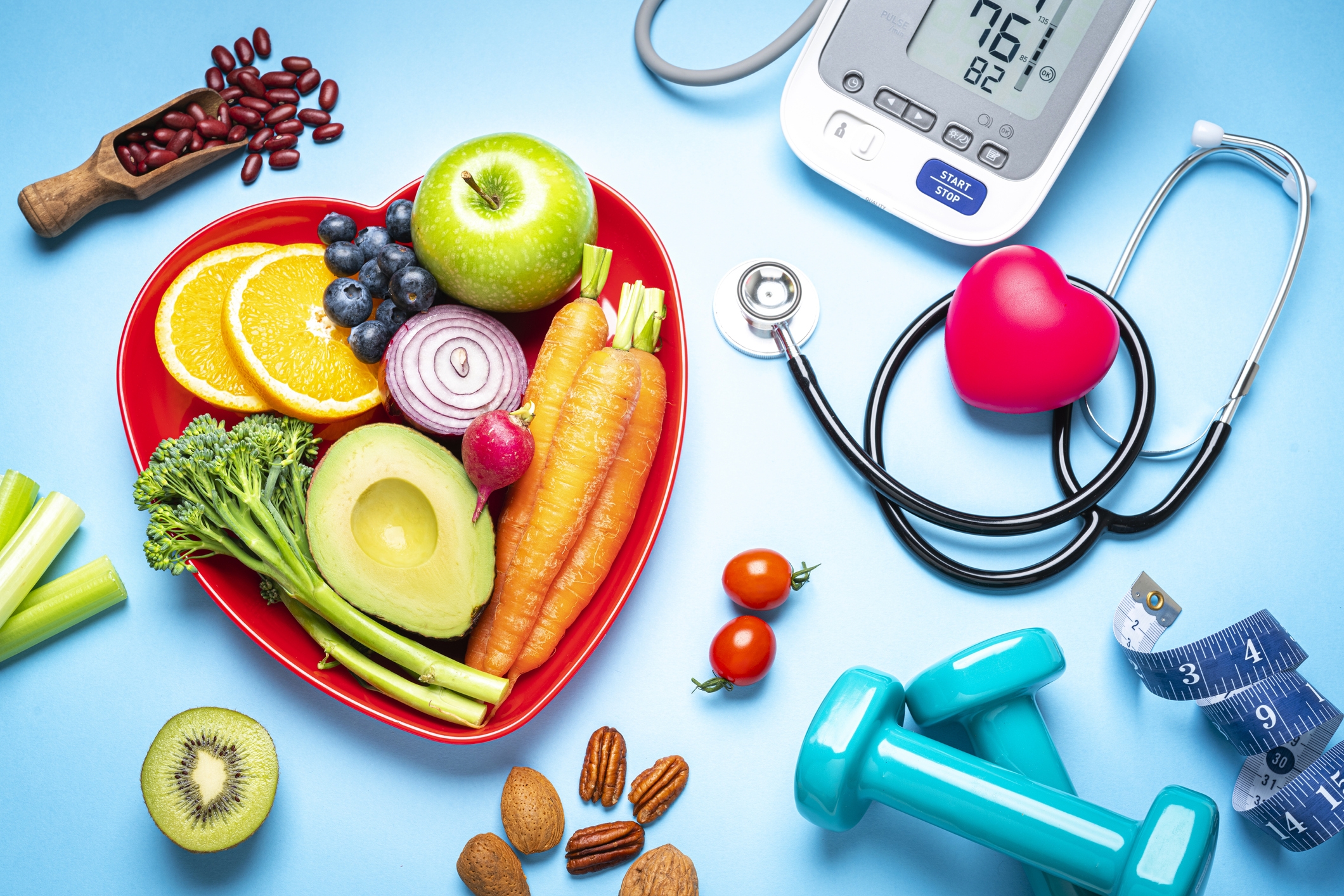
Passing out and feeling weak? The many causes of low blood pressure
Feeling weak, dizzy, tired, or lethargic? You may have low blood pressure, also known as hypotension. Dhara Shah, DO, a cardiologist at Summit Health explains that “low blood pressure occurs when blood flows through your arteries with less force than it should.” A low reading means your blood pressure has fallen below 90/60 mmHg.
Symptoms of low blood pressure
The way low blood pressure presents itself can vary from person to person. If you experience any of the following symptoms walk into your neighborhood CityMD for an evaluation:
- Fainting
- Dizziness or lightheadedness
- Blurred vision
- Weakness
- Confusion
- Feeling extremely thirsty
The good news is that most patients who have chronic hypotension usually are well adapted to their situation and do not have significant symptoms. Since low pressure can lead to fainting or dizziness, one of the main concerns is the risk of falls, particularly in elderly individuals. In a serious, acute situation, unresolved low blood pressure can cause the body to go into shock or cause organ damage.
Causes of low blood pressure
There are many reasons why your blood pressure may be low. Some include:
- Dehydration. When the body does not get enough water, the blood volume decreases.
- Orthostatic hypotension. A drop in blood pressure that occurs upon standing usually after sitting or lying down for a prolonged period.
- Pregnancy. During the first 24 weeks of pregnancy, it’s common for the blood pressure to drop because more blood supply is needed.
- Major blood loss. A decrease in blood volume from trauma, dehydration, or severe internal bleeding will lead to a severe drop in blood pressure.
- Certain medications. Several drugs can cause low blood pressure, including diuretics, beta-blockers, tricyclic antidepressants, erectile dysfunction medications, and more. If you have low blood pressure, make sure all your physicians have a list of your current medications. Over-the-counter drugs may also cause low blood pressure when taken in combination with high blood pressure medications.
- Heart problems. Your heart may not be able to circulate enough blood to meet your body’s needs. Conditions that can lead to low blood pressure are an abnormally low heart rate (bradycardia), heart valve problems, heart attack, and heart failure.
- Severe infection (septic shock): Septic shock can occur when bacteria leave the original site of an infection and enter the bloodstream. The bacteria then produce toxins that affect blood vessels, leading to a life-threatening decline in blood pressure.
- Allergic reaction (anaphylaxis): Anaphylactic shock is a sometimes fatal allergic reaction that causes a dramatic drop in blood pressure.
- Endocrine problems. Complications with hormone-producing glands in the body’s endocrine systems can lead to a drop in pressure, specifically, an underactive thyroid (hypothyroidism), parathyroid disease, adrenal insufficiency (Addison’s disease), low blood sugar, and diabetes.
The treatments for hypotension depend on the underlying cause. Options include both lifestyle changes and medical interventions. Individuals with low blood pressure may be advised to:
- Add salt to your diet. Normally people are told to limit salt because it raises your blood pressure. But individuals with low blood pressure can benefit from adding extra salt.
- Wear compression stockings. Often used to treat varicose veins, these supportive stockings help improve blood flow throughout the body.
- Drink more water. Adding fluid increases blood volume and prevents dehydration.
- Take medication. Several options are available. Your cardiologist can help you decide what is right for you.
If you experience a sudden onset of low blood pressure symptoms, visit your closest CityMD urgent care. Our providers can evaluate and treat you right away — and recommend a cardiologist at Summit Health for follow-up treatment if needed.

We’re ready to care for you.
Visit any CityMD urgent care location in your community today for an evaluation with one of our expert providers.